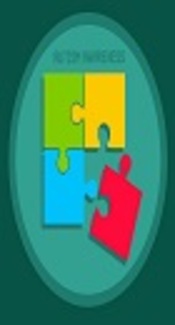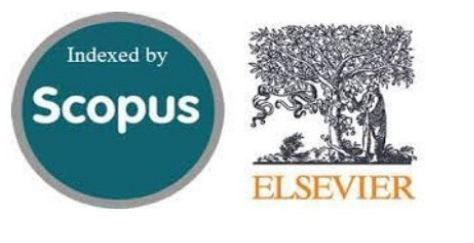The Effect of Family-Centered Nature Therapy on the Sensory Processing of Children with Autism Spectrum
Keywords:
Autism, Nature Therapy, Sensory Processing, Family-CenteredAbstract
Background: Treatment methods for autistic spectrum have been of utmost interest for researchers. In this regard, nature therapy is one of the most cost-efficient methods of treatment. Considering this issue, the aim of this study was to investigate the effect of family-centered nature therapy on the sensory processing of children with autism spectrum. Methods: This study was an applied and semi-experimental (pre-test and post-test) with control group. The statistical population included all children with autism spectrum disorder (3 - 7 years old) referring to Tehran’s rehabilitation and therapy centers. The sample size of 14 children (12 males and 2 females) with autism spectrum disorder was selected by convenience sampling method and were randomly divided into experimental and control groups. Ten sessions of nature therapy were held at Sagan Nature School along with parents’ mandatory attendance. To collect the data, the sensory evaluation checklist and the Nature Therapy Schedule were used based on theoretical framework and research findings. The obtained data were analyzed using Leven, Kolmogorov-Smirnov and covariance analysis tests. Results: Based on the obtained results, nature therapy had a significant effect on sensory processing in experimental group (F = 22.42; P = 0.001). Furthermore, eta coefficient of 0.67 indicated that approximately 67% of the variance of the dependent variable (sensory processing) is affected by the study intervention. Conclusions: The findings showed that family-centered nature therapy reduced some sensory problems in children with autism spectrum disorders. These children, especially in motion and touch, showed significant progress. Therefore, this method can be used for reducing the syndrome of children with autism spectrum disorder due to its positive, simple, and beneficial effects as a complementary therapy along with other therapies.
Downloads








